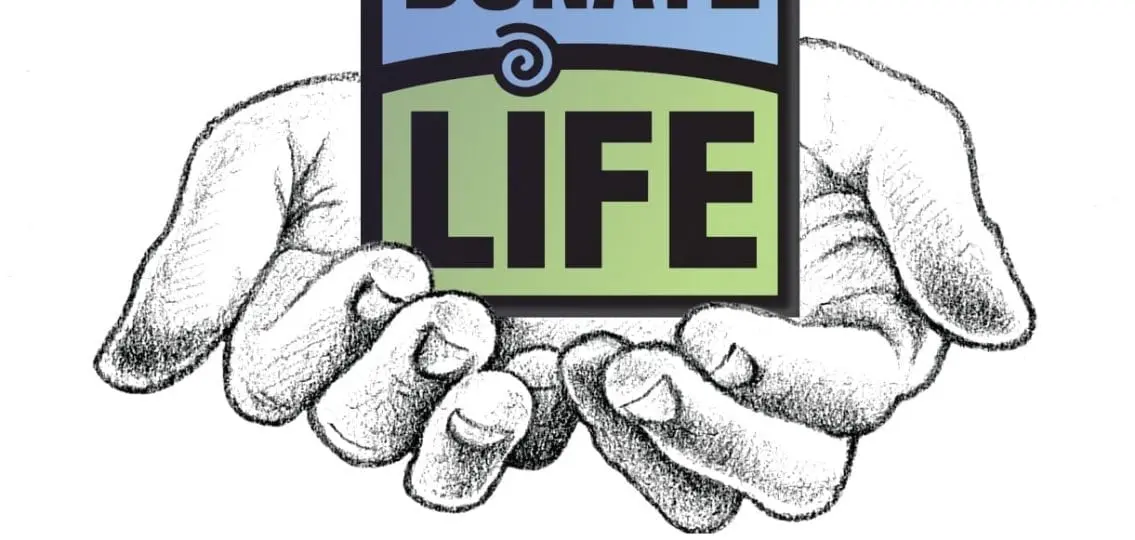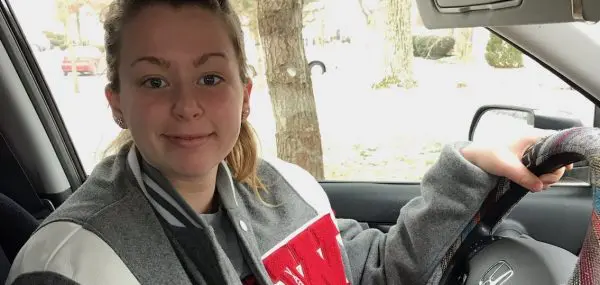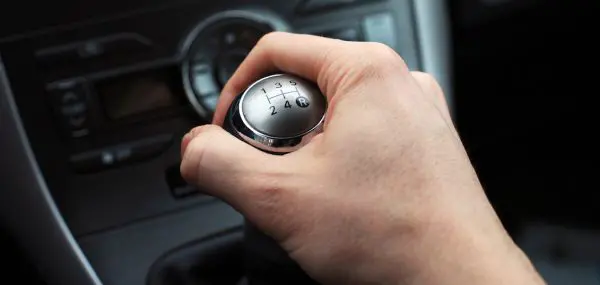Here’s a sampling of some of the questions your teenager will be expected to answer to get a driver’s permit in most states:
What does an eight-sided sign mean?
At an intersection with a four-way stop, which driver can go first?
Do you want to be an organ donor?

Yes, you read that correctly. When your teenager shows up to get a permit, he or she will have to decide whether or not to sign up for your state’s organ donor registry. That means it’s important to have the conversation about organ donation sign up before you get there, recommends Gordon Bowen, chief executive officer of Cleveland-based Lifebanc, which handles donations in Northeast Ohio. Here’s how to do that:
Organ Donation Sign Up For Teenagers
1. What is organ donation? Don’t assume your teenager understands what it means to be an organ donor, but at the same time, don’t feel like you need to get overly specific with organ donation facts. Start with, “In the event that something tragic were to happen to you, would you want to help others?” suggests Bowen. “Most teenagers want to help others and that’s really what donation is about.”
| [adrotate banner=”99″] |
If your teenager wants to know more, explain that one donor can save up to eight lives—by donating a heart, pancreas, two lungs, two kidneys, liver and intestine—and help up to 50 people altogether (by donating eyes and other tissue, including skin, valves, even ligaments). Note: If your teenager is enrolled in a driver’s education class, then chances are she’ll already have learned about organ donation. In that case, focus the conversation on answering any remaining questions your teenager may have and discussing his or her decision.
2. Why organ donation matters. Here are some organ donation facts: unfortunately, there are not enough organ donors for the vast number of people waiting for donations. More than 120,000 people of all ages are waiting for a transplant in the United States. Of those, almost 2,000 are pediatric patients. An average of 18 people die each day waiting for an organ. Meanwhile, less than half of people 18 and older have signed up to be an organ donor. (And only two percent of deaths are under circumstances that allow for donation). Until researchers discover a way to make organs artificially, donation is the only option for patients needing a transplant.
The Decision: Should They Sign Up To Be An Organ Donor?
3. Support your teenager’s decision. Whatever your feelings about organ donation, it’s important to (A) let your teenager decide on signing up to be an organ donor in your state or not and (B) support that choice. At age 18, if your teenager is on the registry, it’s legally binding. Up until that point, parents make the final decision. So, while no parent wants to consider the prospect, it’s important to understand what your teenager wants in the event a tragedy does occur. “Often when my team is walking into an emergency room at two in the morning, parents will say ‘We never had the conversation’,” notes Bowen.
To learn more about organ donation, visit Lifebanc.org.






